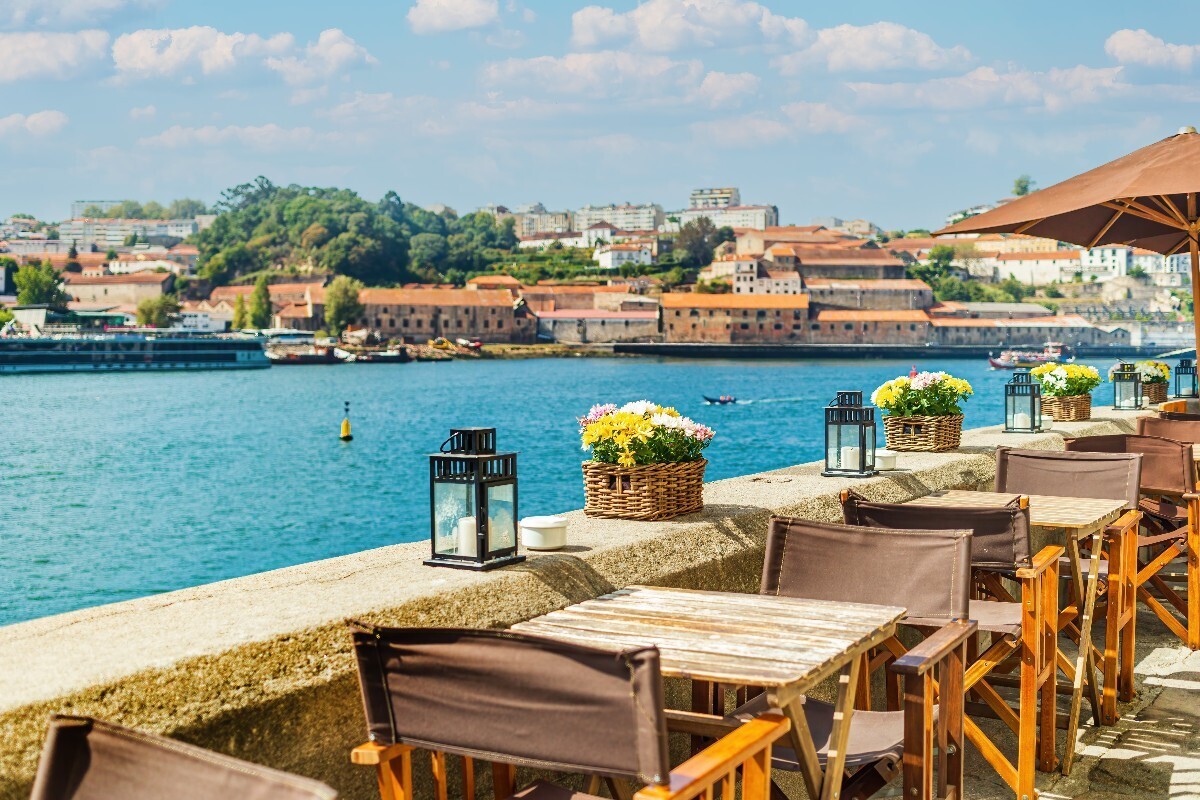The Globe and Mail
5 min read
If you have long planned to retire in Portugal and are approaching your intended retirement age, the news about the end of the ‘golden visa’ scheme will undoubtedly have been a blow.
The Portuguese government ultimately chose to reform the visa scheme due to pressure on the local housing market, where foreign national investments into high-quality residences contributed, alongside other equally significant factors, to a shortage in housing.
However, as Chase Buchanan Wealth Management explains, that doesn’t necessarily mean that retiring to Portugal is now impossible or that there aren’t alternative visas, investments, and routes to becoming a Portuguese resident.
What Does the End of the Portuguese Golden Visa Mean for Prospective Expats?
The wealth managers and financial advisers within our Portuguese team often speak with families and couples who have dreamt of retiring to the balmy Mediterranean coastline, purchasing a beautiful villa or townhouse, and making the most of their relaxing retirement years.
Although the changes to the Portuguese golden visa scheme, officially called the Autorização de Residência para Atividade de Investimento (ARI) or Residence Permit for Investment Activity, no longer enable foreign nationals to qualify through property investment, this is not the only route to residency or the only visa programme.
Qualifying for a Portuguese Golden Visa in 2024
If you are already planning to invest in Portugal or restructure and reconfigure your portfolio and retirement wealth, you may still wish to consider the ARI residency visa, which accepts applicants who contribute a minimum value to the economy.
The previous option of purchasing a home no longer exists, but contrary to misconceptions, the visa remains a valid way to acquire long-term residency status.
Expats can choose alternative options, such as:
- Investing at least €500,000 in research and development activities, such as through a private or public scientific research body.
- Investing the same value into investment funds or private equity, selecting an approved programme that complies with the government’s eligibility criteria.
- Donating €250,000 to a scheme or fund contributing to cultural heritage projects.
The appeal of these investment routes may differ between expats, but it is worth reiterating that the golden visa hasn’t been closed altogether; it was reformed to remove the real estate investment option that most previous applicants preferred.
Alternative Portuguese Retirement Visas
Although the golden visa has attracted over 12,000 applicants and more than 20,000 dependents, it is only one potential visa. Foreign nationals have been relocating and retiring to international destinations for decades, many of which have never provided a golden visa scheme or a similar equivalent.
The primary criteria are to evidence that you have the financial means to cover all of your living costs, including those of any family members you plan to relocate with and therefore will have no reliance on the state or public services to contribute to your income or provide free services such as healthcare.
Expats can often apply for healthcare through the Servicio Nacional de Saude (SNS) once they become permanent residents or successfully apply for full citizenship, usually after five years of residency.
However, new applicants will usually be expected to provide evidence of comprehensive private health coverage alongside information about their capital and liquid assets, to offer assurances that they are financially stable.
Retiring to Portugal Via the D7 Visa
The D7 visa is one of the popular visa options, and is often referred to as a retirement visa, or passive income visa. Non-EU nationals can apply at any time, and are not required to make any minimum investment, with an initial visa duration of one year.
This visa route is intended for retirees and self-employed professionals who have a steady, dependable income stream through assets or business activities, such as:
- Rental income
- Pension earnings
- Dividend payments
- Self-employed earnings
Other criteria apply, and although the lack of an upfront donation or investment is a positive, expats will need to meet minimum stay requirements to maintain the right to live in Portugal. In most cases, foreign national residents cannot leave the country for six continuous months without impacting the validity of their visa.
Currently, the threshold minimum passive income required is €820 per month, or €9,840 per year for the primary applicant, plus €4,920 per year for a spouse and €2,952 per year for each dependent child included on the application.
Therefore, a retiree planning to relocate to Portugal with a spouse and with a healthy portfolio of investments, savings, real estate, pension funds, and a UK State Pension entitlement would need to provide evidence of a stable income of just €14,760 a year to be eligible.
Planning a Retirement in Portugal Following Reforms to the Golden Visa Scheme
Of course, the ARI and D7 visas are only two of the possible options, and you may wish to consider other visas, residency permits, or work permits depending on whether you have already retired, are currently working as a professional or business owner, or have taken early retirement and have ongoing income streams.
Whichever solutions best suit your circumstances, it is essential that you understand the long-term costs of living in Portugal. This might include planning for a property purchase and financing other life events, such as your children’s education costs.
In general, everyday expenses tend to be lower in Portugal than in the UK, with living costs 27.1% lower, excluding accommodation, and 25.8% more affordable, including rental costs. Grocery prices are an average of 23.2% lower, and restaurant prices are over 40% lower than those in Britain.
However, you may need to evaluate your portfolio, assets and pension to ensure these remain tax-efficient and will provide the income and earnings you require to finance the lifestyle you aspire to when retiring in Portugal.
Aspects such as international pension transfers, retaining investment property in the UK and accounting for tax exposure on UK-sourced income will all benefit from advance planning, giving you peace of mind that your financial affairs are in good order before your relocation.
Read more about Chase Buchanan – Chase Buchanan Wealth Management Publishes New Complimentary Guide To The Italian Taxation System For Expatriates
Chase Buchanan is a highly regulated wealth management company that specialises in providing global finance solutions for those with a global lifestyle. We are global financial advisers, supporting expatriates around the world from our regulated European headquarters, and local offices across Belgium, Canada, Canary Islands, Cyprus, France, Malta, Portugal, Spain, UK and the USA.
Chase Buchanan Ltd is authorised and regulated by the Cyprus Securities and Exchange Commission with CIF Licence 287/15.
******
Source Company – https://chasebuchanan.com/
Source: Woya – Digital PR
Release ID: 1065288
Source published by Submit Press Release >> How to Retire to Portugal From the UK Post-Golden Visa
Discover more from Slow Travel News
Subscribe to get the latest posts sent to your email.



